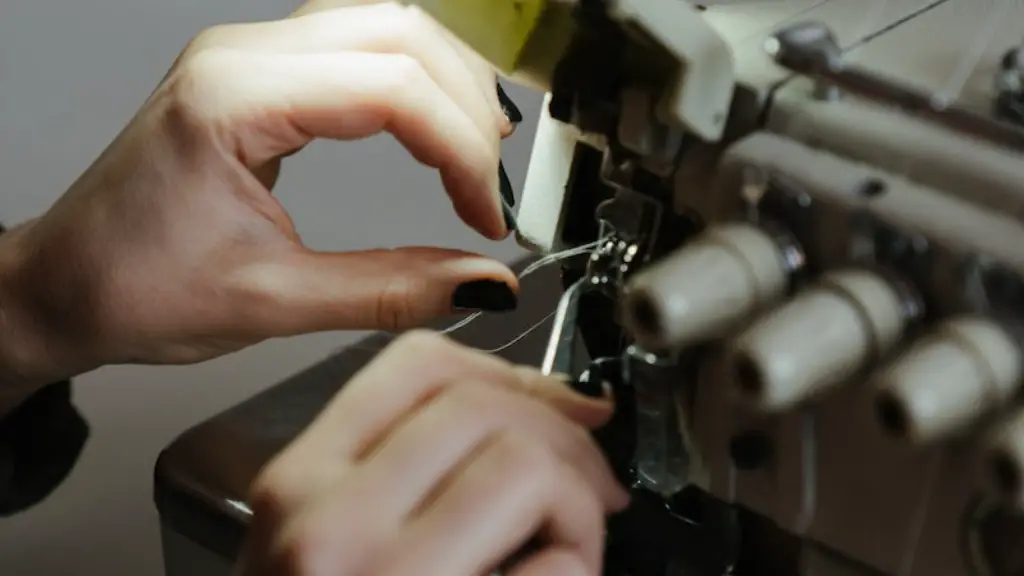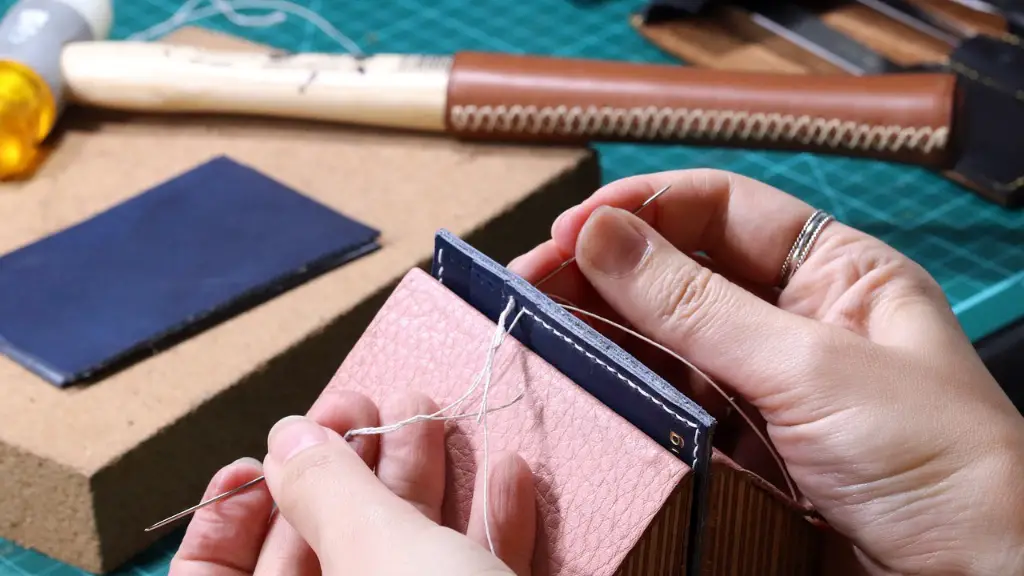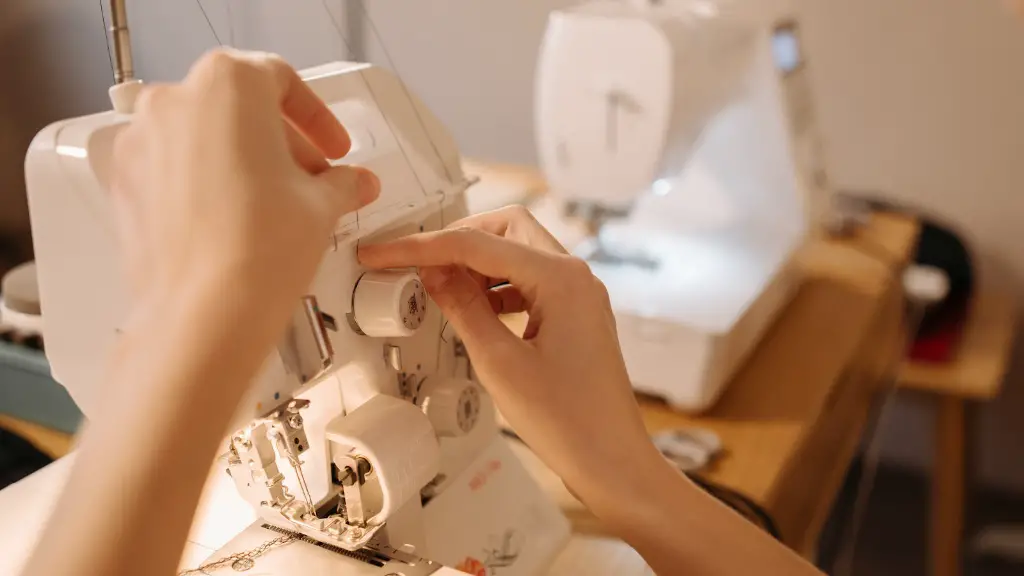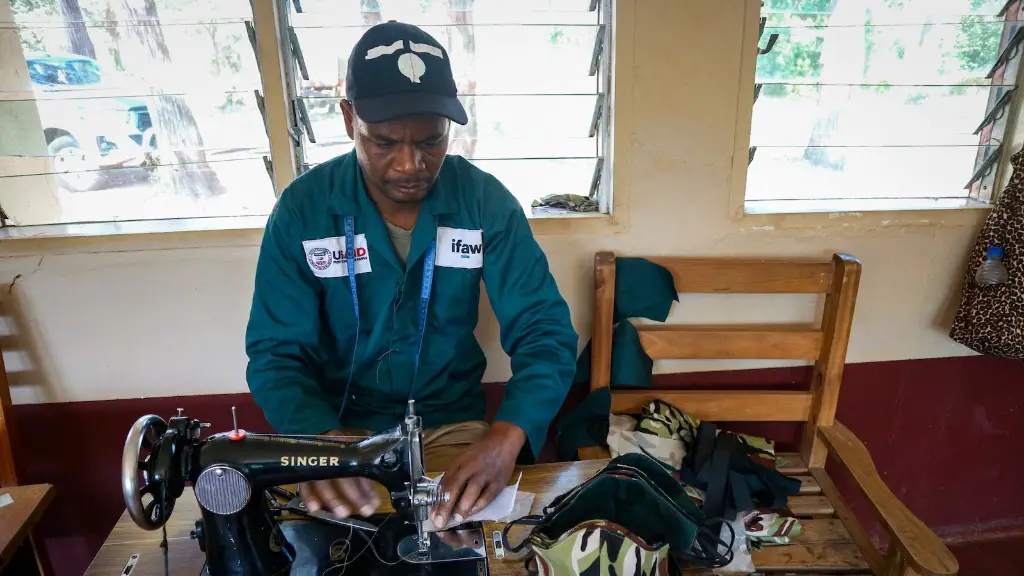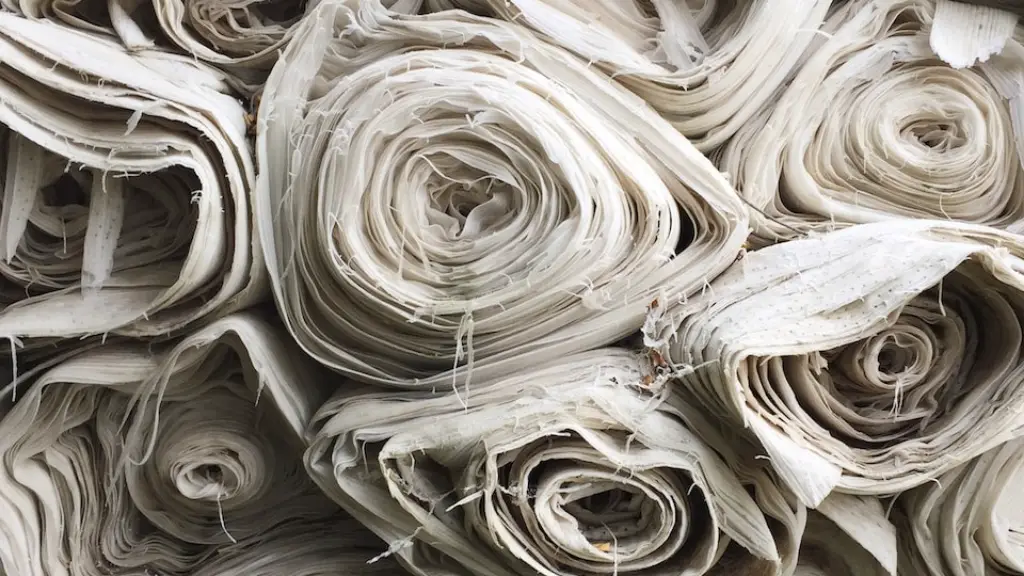Making an Informed Decision
Buying a used sewing machine is a smart way to save money while still getting a dependable machine. Before shelling out a single penny, there are a few key decisions to consider. New or used? Digital or mechanical? Home machine or industrial? Selecting a used sewing machine can be a daunting task, so here are a few tips to help.
Research Your Options
When it comes to choosing a used sewing machine, research can be your best friend. Start your search online and find out what the average cost of the machines you are considering should be. Take advantage of online reviews from trusted sources and compare models that appeal to you. Next, attend a used-sewing machine shop and take a look for yourself. Be sure to ask experienced staff questions about the machines that come your way.
Important Things to Keep an Eye Out For
Prior to purchase, it is important to ensure that you are investing in a quality used sewing machine. There are several mechanisms and parts to consider, from the bobbin case to the feed dogs. Inspect each machine you consider thoroughly and check if they are in working condition. A rule of thumb is to check the moving parts, make sure the joints are tight and examine the bobbin holder and tension. Pay special attention to the electrical parts like the foot pedal and power supply cord. If possible, ask the seller to demonstrate the machine’s abilities.
Ask the Right Questions
Before buying a used sewing machine, make sure to ask plenty of questions. Ask the owner how often the machine was used, when it was last serviced, how old it is and where they bought it. See if they have any of the instruction books and if they come with additional accessories like zigzag plates and final tension discs. You can tell a lot about a machine’s condition by the way its owner speaks of it.
Check It Out
It is important to get a good look at the sewing machine before buying. Do a few test runs to make sure all the functions are compatible. See if the machine is capable of the kind of stitches you need. Make sure no thread is left behind after you have completed the test. Most importantly, ensure that the machine is compatible with the fabrics you will be sewing.
Take Your Time
When it comes to buying a used sewing machine, it is important to take your time. There are no hard and fast rules for selecting the perfect used machine, but being informed and patient can help you find the one. From researching options to asking the right questions, the process of choosing a used sewing machine can pay off.
Consider Hiring an Expert
To secure a good purchase, consider hiring a professional to evaluate the condition of the second hand sewing machine. If the machine is too expensive to risk being a dud, or if you don’t have the time to inspect and test, an expert can do the work for you. Ask the sales person or owner to recommend an expert, or check out suitable companies online.
Beware of False Advertisments
Before you reach into your wallet, make sure the deal is legitimate. There are convincing imitation ads out there, so take the time to find out who you are buying from and the realistic value of the machine. Get an official invoice with accurate details. Using common sense with this process is key.
Buying Accessories
It’s a good idea to purchase a few accessories in addition to the machine. Quality bobbins and needles are necessities, and you will want to outfit your machine with the appropriate presser feet for the best possible stitching. Other accessories, such as seam rippers, teflon-soled presser feet, heavy duty cutters and extra bobbins can enhance your sewing experience.
Accessorize Efficiently
When purchasing accessories for your used sewing machine, it is important to be efficient. Buy the tools and products you need without breaking the bank. Through research, you can locate quality materials at a reasonable cost.
Stay Up-to-Date
As a sewing enthusiast, staying informed on the latest trends and techniques can help you make the most out of your machine. Sign up for newsletters and attend classes to be sure you are making the most of your used sewing machine.
Maintaining Your Machine
It is important to keep your machine in top condition. Regular maintenance and cleaning should be done to ensure the durability of your machine. Clean the bed and presser foot of lint and dirt, lubricate the moving parts, tight the screws and check for any damage. This will increase the longevity of the machine.
Learning the Basics
Before you set your needle to work, familiarize yourself with the basics of sewing. Learn how to thread the machine, what type of stitches to use for the project, about tension and understand the different fabrics. This knowledge will help you get the most out of your machine.
Customer Support
Be sure to contact the company that made the machine and ask if a customer support system is available. Most manufacturers offer a tips and hints page on their website, as well as detailed tutorials. Make use of this support as it can help you and your sewing machine work as a team.
Upgrading Your Machine
If you decide to upgrade your machine, look into the different accessories available. There are a variety of replacement parts, consumer electronics and other useful items made specifically to fit your machine. Some of these show great potential when used, so take the time to sit down and research the different options available.
Selling Your Machine
When the time comes to do away with your used sewing machine, there are a few points to consider. Consider who you are selling it to, as a private buyer may be unaware of the true worth of the machine and settle for too low a price. You can also look into selling it through an auction. Before selling, make sure to properly clean and maintain the machine as it will greatly increase the resale value.
Gauging the Market
It is essential that you know the current prices of used sewing machines so you can make the best deal. Research various websites and stores, find out what kind of machines are in demand and how much they are selling for.
Staying Practical
When it comes to buying a used sewing machine, it’s important to be practical. Before you make your decision, weigh the pros and cons of each design, and judge whether the machine fits with your skill level and crafting goals. This will help you make an informed decision, so you can find a used machine that works for you.
